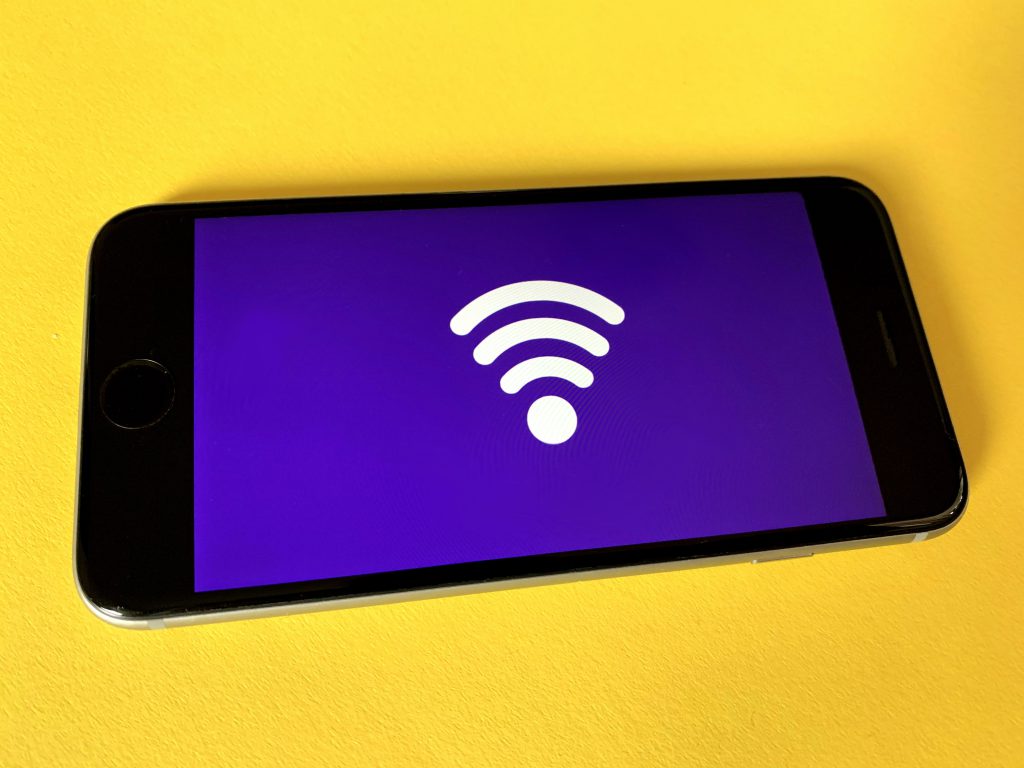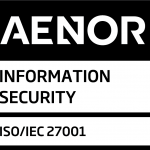According to a survey by ITProPortal, following the spread of telecommuting, monthly ticket volumes for connectivity issues have increased by 35%, while the average time spent resolving each ticket has increased by 30%.
At the same time, employee usage of their mobile devices has increased dramatically, especially for bandwidth-intensive video conferences.
This has often caused mobile data usage quotas to be exceeded, either because employees used the operator’s connection for video calls when their Wi-Fi was poor, or simply because of a bad configuration of their mobile device.

Now that teleworking seems set to continue, monitoring the digital experience on mobile devices is becoming increasingly necessary to cope with increasing support costs and excessive data consumption.
DEM on Android or iOS devices can help troubleshoot connectivity issues, providing detailed historical measurements of WiFi connection quality, cloud service response times, device configuration changes, or hardware performance.
It also gives measurements on user behavior, the most frequently used applications or the volume of data used by each application.
With this information, IT support can decide whether to provide their employee with a WiFi repeater for their home or configure a rule to send them a notification or even block their device when they connect to a VideoIP conference when they are not on Wifi, and that the measured Wifi quality is good enough.
As with traditional computers, being proactive is key to reducing support costs for mobile devices – being able to detect and resolve incidents before users even report them. In addition, knowing the use of applications by employees makes it possible not to pay for licenses that they do not use, and to detect shadow IT.
Another challenge of remote working is how to retain employees when direct human contact is scarce, and when some managers’ mistrust leads them to use surveillance tools to spy on their employees.
Sharing digital experience tracking information with your employees can help build a trusting relationship, giving them positive recommendations that encourage a healthier work-life balance, such as reminding them to take a real meal break. or avoiding reading e-mail at night. Such developments will help employees feel their well-being is valued by their employers and lead to positive behavioral changes among the workforce.
Find out how Samoby is helping companies monitor employee experience on Android and iOS devices, to help reduce support costs, please see this 2-minute video demo.


